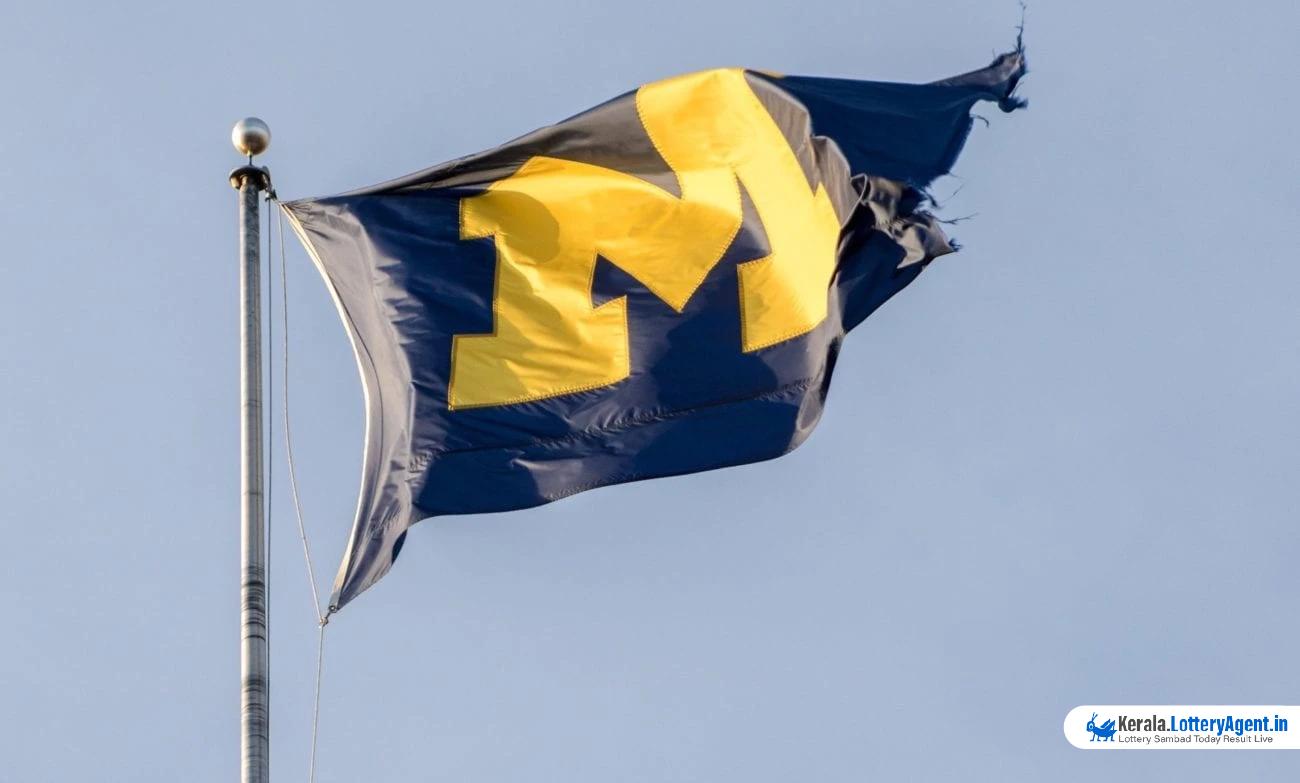
According to the latest figures released by the Michigan Gaming Control Board (MGCB), the state’s online gambling revenue surged past $239.5 million in May. This impressive figure marks a significant increase from the $185.8 million posted in May of the previous year and also surpasses the $234.8 million generated in April of this year by 2.0%.
The growth in revenue is attributed primarily to the booming online casino sector. Gross receipts from online casino activities amounted to $198.6 million, which represents a substantial 31.9% growth year-on-year. Not to be outdone, the sports betting segment also witnessed notable growth. Gross receipts from sports betting soared by 15.2% to reach $40.9 million, with the total betting handle rising 19.2% to $343.7 million.
When adjusted for promotional spending, the figures remained promising. Adjusted gross receipts for the igaming market climbed by 31.2%, reaching $206.8 million. Specifically, adjusted online casino receipts jumped 31.9% to $178.7 million, while adjusted sports betting receipts saw a 27.7% increase, totaling $28.1 million.
These figures cover both commercial and tribal operators, showcasing a broad-based increase across Michigan’s online gambling market. In terms of tax contributions, commercial operators submitted an impressive $38.8 million in taxes and payments to the state. This amount includes $37.
.0 million from igaming and $1.8 million from sports betting. Additionally, tribal operators reported contributing $4.5 million in payments to governing bodies in May.
Online growth was buoyed further by the upward trajectory of Detroit’s three commercial casinos, which also posted growth in May. Revenue from these casinos reached $113.2 million, reflecting a 7.2% year-on-year increase. Of this revenue, $111.3 million came from table games and slot machines, marking a 6.3% rise from the previous year. The remaining $1.9 million was attributed to sports betting qualified adjusted gross receipts (QAGR), which saw an impressive 80.1% growth.
Among Detroit’s commercial casinos, MGM maintained its dominant position with a 46% market share. MotorCity Casino followed with 31%, and Hollywood Casino at Greektown secured the remaining 23%.
However, not all the news from Michigan’s online gambling scene was positive. In May, the MGCB issued a cease-and-desist order against Curaçao-based Bovada. The gaming board accused Bovada’s operator, Harp Media BV, of allowing Michigan residents to access its games without the requisite state license. The MGCB alleged that both the Bovada.com and Bovada.lv websites were improperly accessible to Michigan players. This regulatory action highlights the ongoing challenges in policing the rapidly expanding online gaming market to ensure compliance with state laws and regulations.
In summary, the data released by the MGCB underscores the robust growth of Michigan’s online gambling market. The significant increases in both online casino and sports betting revenues reflect a healthy upward trend that is benefiting both commercial and tribal operators. The subsequent tax revenues generated from this industry are proving beneficial for the state and various governing bodies.
With Detroit’s commercial casinos also showing strong performance, Michigan’s gambling ecosystem appears well-rounded and lucrative. However, the state’s commitment to regulatory enforcement against unlicensed operators like Bovada demonstrates that there are still hurdles to overcome. Overall, the state of Michigan is riding a wave of growth and prosperity in its online gambling sector, offering both business opportunities and economic benefits for the community at large.












